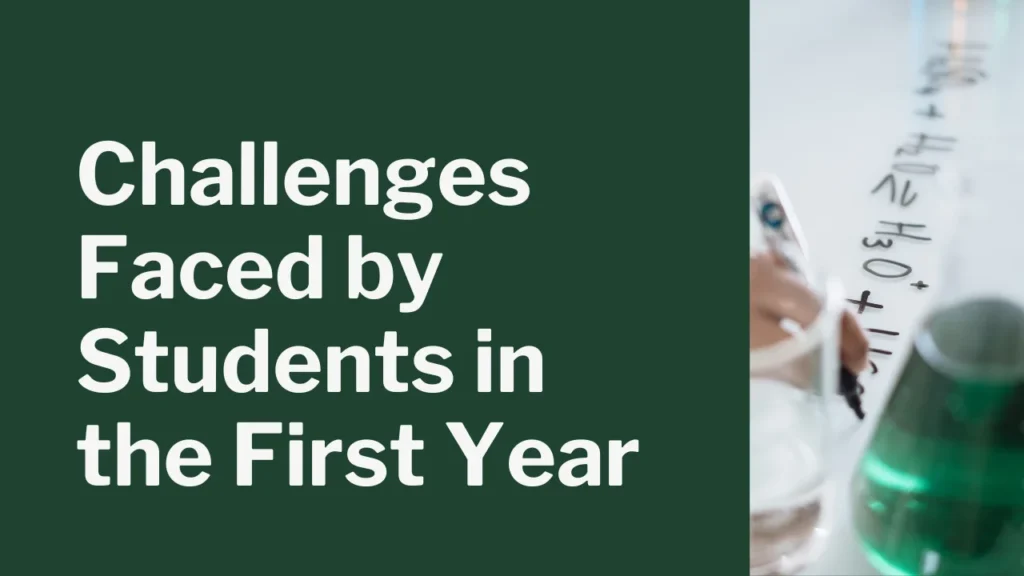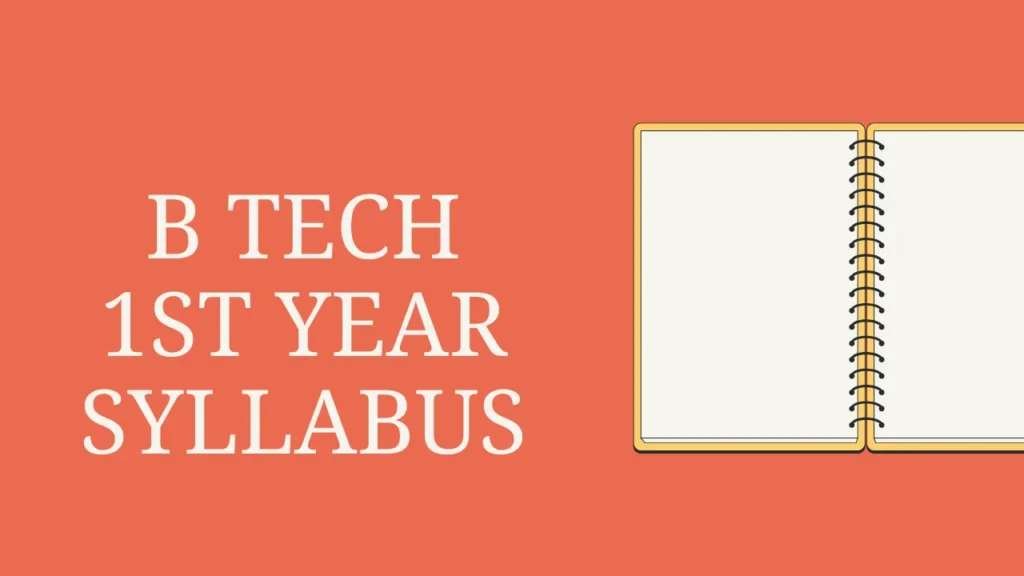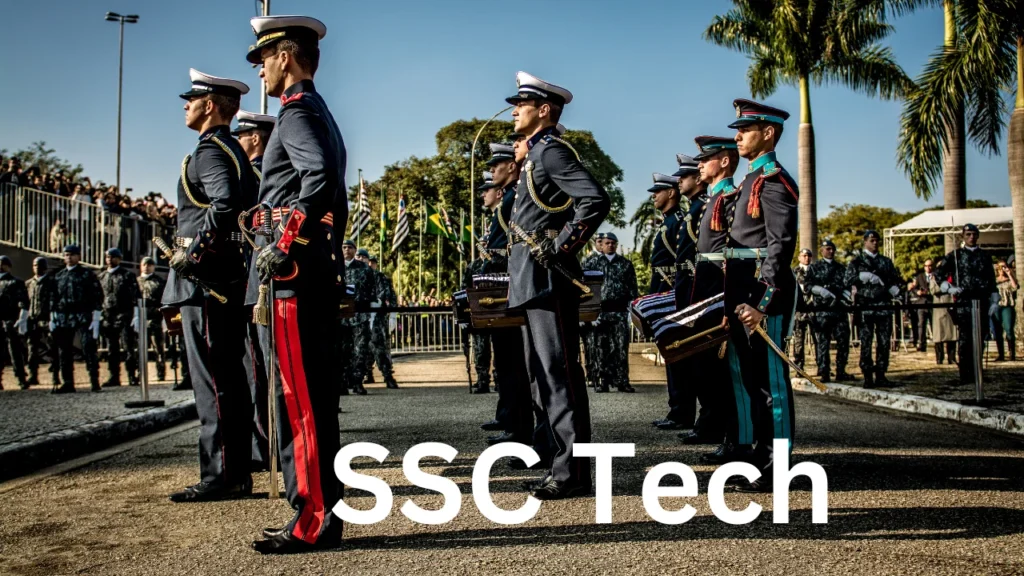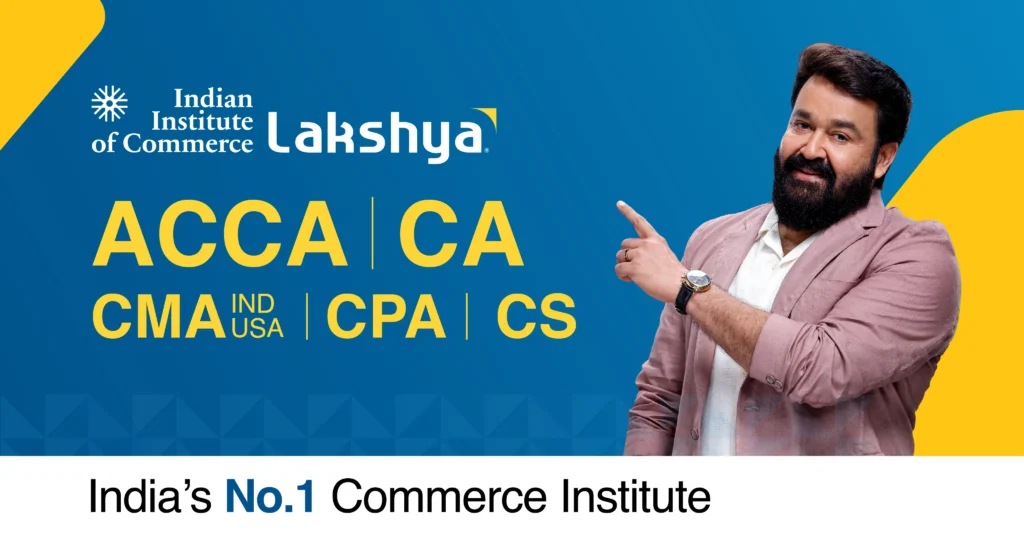The B Tech 1st year syllabus plays a crucial role in shaping a student’s understanding of engineering fundamentals. It covers essential subjects such as Mathematics, Physics, Chemistry, and Engineering Drawing, ensuring that students acquire a strong conceptual foundation. This year acts as a stepping stone for all core branches, including Mechanical, Electrical, Civil, Computer Science, and more. A well-structured syllabus prepares students for advanced topics in later years while also improving their problem-solving skills.
Read More About Tech and Health at Aiotechnical.com
What is B Tech 1st Year Syllabus?
The B Tech 1st year syllabus provides a strong foundation in core engineering subjects. It includes Mathematics, Physics, Chemistry, Engineering Mechanics, and Computer Programming, essential for analytical and problem-solving skills. Mathematics covers calculus, algebra, and differential equations, while physics focuses on mechanics, electromagnetism, and thermodynamics. Chemistry introduces organic, inorganic, and physical chemistry, helping students understand material properties. Engineering Mechanics teaches forces, motion, and equilibrium, while Computer Programming covers C, C++, or Python. Subjects like Basic Electrical Engineering, Engineering Drawing, and Environmental Science ensure a well-rounded education. Practical labs for physics, chemistry, and programming enhance hands-on learning. This syllabus prepares students for specialized engineering courses and future technical challenges.
Also Read: Tech Mahindra Aptitude Questions: Tips For Career Success
Subjects Covered
The B Tech syllabus includes core subjects that build the foundation of engineering knowledge. These subjects are broadly categorized into science, mathematics, programming, and engineering fundamentals.
Mathematics
Mathematics is an essential subject in the B Tech syllabus, helping students develop analytical and problem-solving skills. Topics covered include:
- Calculus – Limits, continuity, differentiation, and integration.
- Linear Algebra – Matrices, determinants, and vector spaces.
- Differential Equations – First and second-order differential equations.
- Probability and Statistics – Basic probability, distributions, and regression.
Physics
Physics introduces students to fundamental engineering principles through mechanics and thermodynamics. Topics generally include:
- Mechanics – Newton’s laws, kinematics, and dynamics.
- Optics – Reflection, refraction, and wave optics.
- Thermodynamics – Heat transfer, laws of thermodynamics, and entropy.
- Electromagnetism – Electric fields, magnetic fields, and Maxwell’s equations.
Chemistry
Chemistry in the B Tech syllabus provides an understanding of materials and their properties. The topics covered are:
- Organic Chemistry – Carbon compounds, functional groups, and polymers.
- Inorganic Chemistry – Chemical bonding, periodic table trends, and metallurgy.
- Physical Chemistry – Chemical kinetics, thermodynamics, and equilibrium.
- Environmental Chemistry – Water treatment, pollution control, and green chemistry.
Engineering Mechanics
Engineering Mechanics is vital for students pursuing mechanical and civil engineering. This subject covers:
- Statics – Force analysis, equilibrium, and center of gravity.
- Dynamics – Motion, work-energy principle, and impact forces.
- Structural Analysis – Trusses, beams, and stress-strain relations.
Basic Electrical and Electronics Engineering
This subject introduces students to electrical circuits, components, and electronic devices. Important topics include:
- Electrical Circuits – Ohm’s law, Kirchhoff’s laws, and AC/DC circuits.
- Transformers and Motors – Working principles and applications.
- Semiconductors – Diodes, transistors, and operational amplifiers.
- Digital Electronics – Logic gates, Boolean algebra, and combinational circuits.
Computer Programming
Programming is a crucial skill in modern engineering, and most universities include C, C++, Python, or Java in the B Tech syllabus. Students learn:
- Basic Syntax – Variables, data types, and control structures.
- Functions – Recursion, scope, and libraries.
- Object-Oriented Programming – Classes, inheritance, and polymorphism.
- Data Structures – Arrays, linked lists, and trees.
Engineering Drawing
Engineering Drawing helps students understand graphical representation techniques. This subject includes:
- Orthographic Projections – 2D and 3D projections.
- Isometric Drawings – Perspective and axonometric projections.
- Sectional Views – Internal structures of components.
Environmental Science
Environmental Science is included in the B Tech syllabus to create awareness about sustainable development. It covers:
- Ecosystems and Biodiversity – Conservation strategies and climate change.
- Renewable Energy – Solar, wind, and hydro energy.
- Environmental Pollution – Causes, effects, and solutions.
Lab Work in B Tech 1st Year
Laboratory work is an essential component of the B Tech syllabus, reinforcing theoretical concepts through experiments. Some common labs include:
| Lab Name | Experiments Covered |
|---|---|
| Physics Lab | Optics, electromagnetism, and mechanics |
| Chemistry Lab | Acid-base titration, electrochemistry, and polymers |
| Computer Programming Lab | C/C++ coding, debugging, and logic building |
| Engineering Drawing Lab | CAD tools, 3D modeling, and projections |
| Electrical Engineering Lab | Circuit analysis, transformers, and motors |
These lab sessions help students gain hands-on experience and prepare them for real-world applications.
Also Read: Mech Tech Engineering: Merging Innovation With Technology
Semester-Wise Breakdown
The 1st year syllabus is usually divided into two semesters. Below is a general breakdown:
| Semester | Subjects |
|---|---|
| Semester 1 | Mathematics-I, Physics-I, Chemistry, Computer Programming, Engineering Drawing, Environmental Science |
| Semester 2 | Mathematics-II, Physics-II, Basic Electrical Engineering, Engineering Mechanics, Workshop Practices |
This division ensures a well-balanced mix of subjects for effective learning.
Challenges Faced by Students in the First Year

The 1st year syllabus is often challenging for students as they transition from high school to a university-level engineering curriculum. The academic structure, pace of learning, and expectations are significantly different, making it difficult for students to adjust. Below are some of the key challenges faced by students in their first year of B.Tech.
Difficult and Extensive Syllabus
The 1st year syllabus is vast, covering multiple subjects like Mathematics, Physics, Chemistry, Engineering Mechanics, and Computer Programming. Many of these subjects involve complex problem-solving, theoretical understanding, and practical applications, making it hard for students to cope. The syllabus is designed to introduce students to multiple engineering concepts, which require regular study and practice to master.
Transition from School to College Education
In school, students are used to a structured environment where teachers provide direct guidance. However, in college, self-learning plays a crucial role. Professors cover topics quickly, and students are expected to study independently, research, and understand concepts on their own. The sudden shift from spoon-fed learning to self-directed education can be overwhelming.
Struggles with Mathematics and Physics
Mathematics and Physics are among the most difficult subjects in the B Tech 1st year. Many students find topics like differential equations, linear algebra, and vector calculus challenging. Similarly, physics concepts such as mechanics, electromagnetism, and thermodynamics require strong analytical and problem-solving skills. Without regular practice, students may struggle to keep up.
Engineering Mechanics and Computer Programming
Engineering Mechanics is a completely new subject for most students, and its concepts of force, motion, and equilibrium can be difficult to grasp. Similarly, Computer Programming introduces languages like C, C++, or Python, which may be unfamiliar to students without prior coding experience. These subjects require a logical mindset and consistent practice to develop problem-solving skills.
Managing Time Effectively
The first year of B.Tech demands students to balance multiple subjects, practical sessions, assignments, and exams. Poor time management can lead to stress, last-minute cramming, and poor performance in exams. Unlike school, where subjects are taught gradually, college education moves at a faster pace, requiring students to keep up with their coursework.
Adapting to Practical Lab Work
Apart from theoretical studies, the 1st year syllabus includes various lab sessions such as Physics Lab, Chemistry Lab, Engineering Drawing Lab, and Computer Programming Lab. Many students struggle with applying theoretical knowledge to practical experiments, leading to confusion. Labs require precise execution of experiments, understanding of concepts, and teamwork, which can be challenging initially.
Examination Pressure and Scoring Well
University exams are different from school exams, as they focus more on conceptual understanding rather than rote memorization. Many students struggle to write detailed, analytical answers and solve numerical problems under time constraints. The pressure to score well and maintain a high GPA can cause anxiety and stress, affecting academic performance.
Lack of Proper Guidance and Mentorship
First-year students may feel lost due to a lack of proper guidance and mentorship. Unlike school, where teachers provide individual attention, in college, students must take responsibility for their learning. Seeking help from seniors, professors, and online resources is crucial for clearing doubts and excelling in studies.
Why is the B Tech 1st Year Syllabus Important?
The 1st year syllabus is crucial as it provides the necessary knowledge for future engineering courses. Without a strong foundation, students may struggle with advanced topics. The subjects also develop critical thinking and analytical skills, which are essential for problem-solving in engineering.
A well-structured syllabus enables students to choose their specialization wisely. It introduces core engineering concepts, helping students identify their interests. Whether pursuing mechanical, electrical, or computer engineering, this foundational year prepares students for technical challenges.
Also Read: Sigma Soft Tech Park Gamma Block: A Hub of Business
Conclusion
The B Tech 1st year syllabus is designed to introduce students to fundamental engineering concepts. It covers mathematics, science, programming, and technical subjects necessary for future studies. The coursework includes theoretical and practical knowledge, ensuring students build a strong foundation in engineering. With proper guidance and dedication, students can excel in their first year and develop the skills required for their chosen field.



